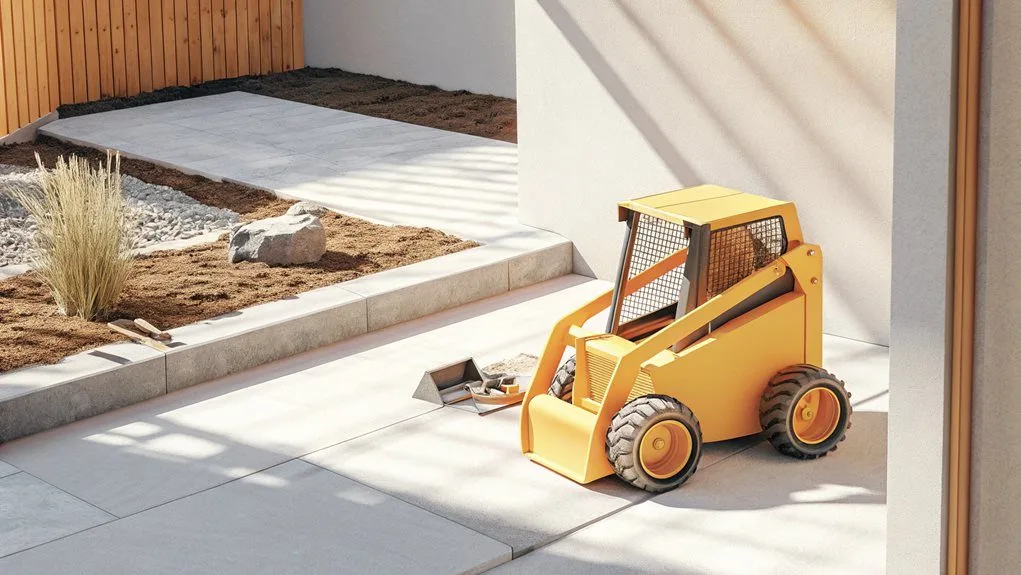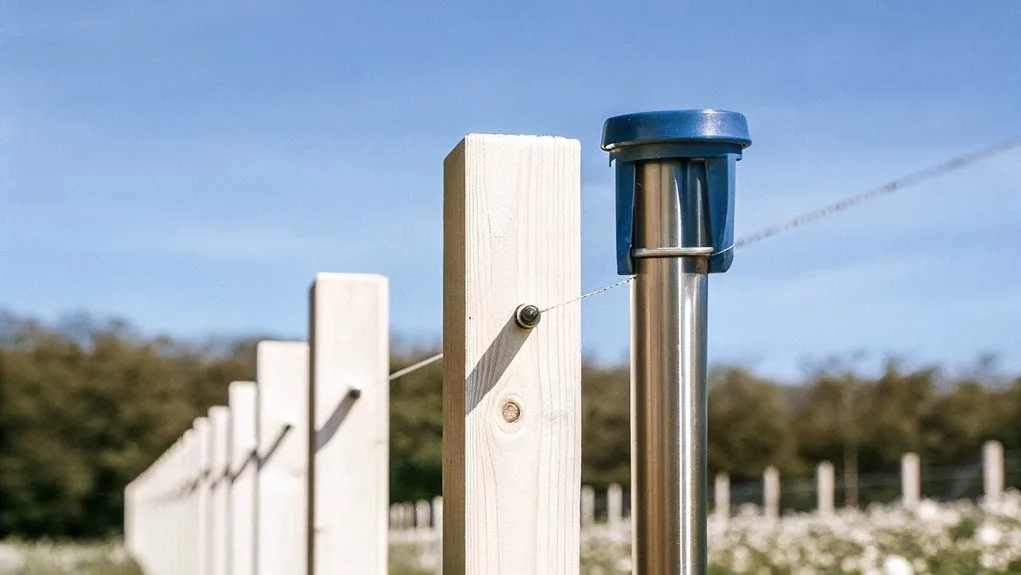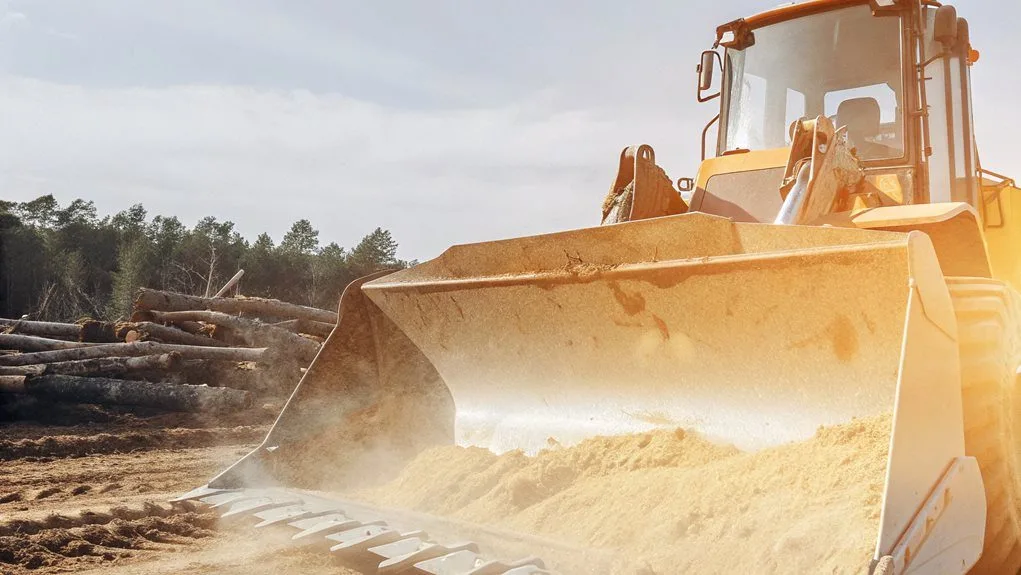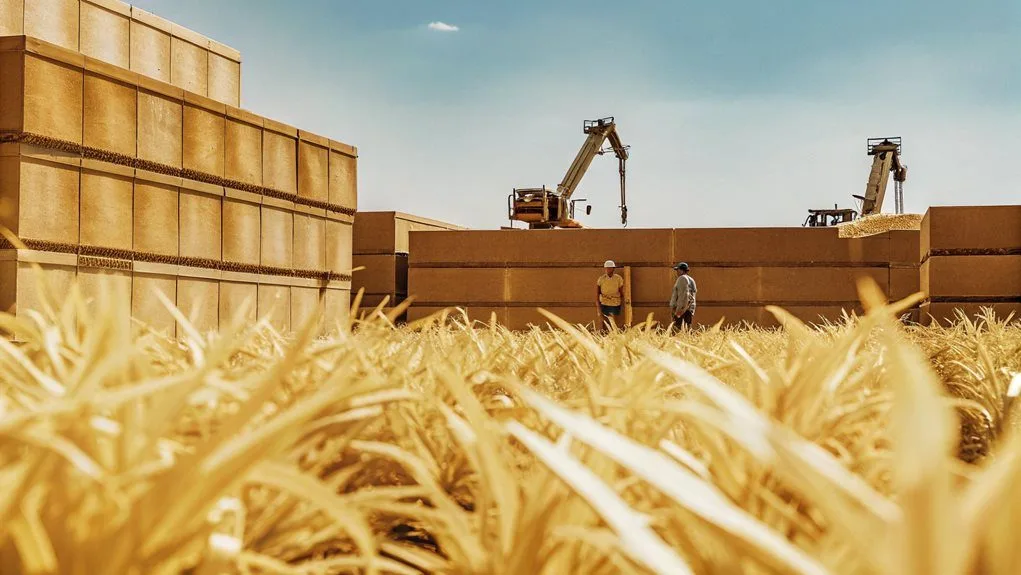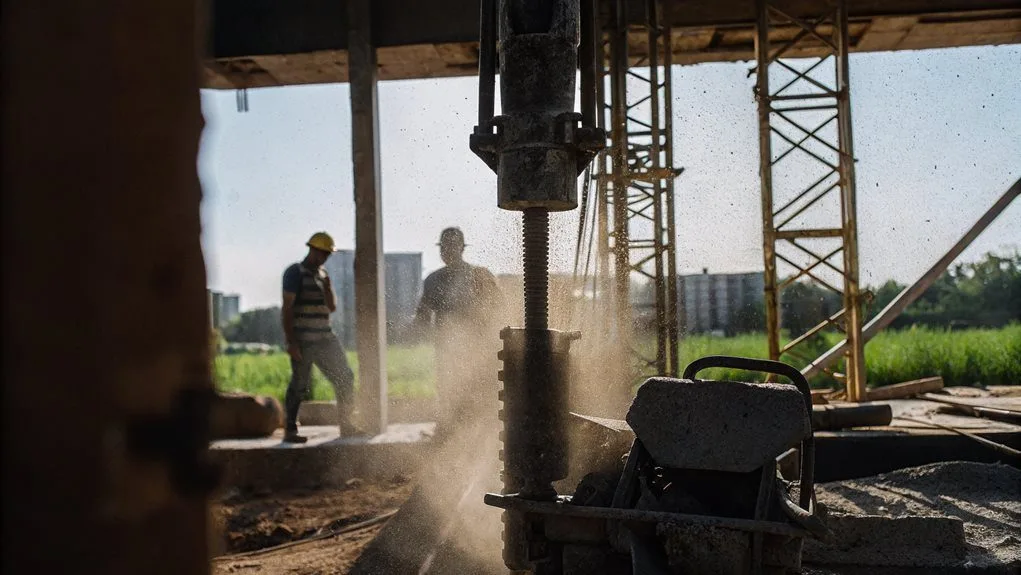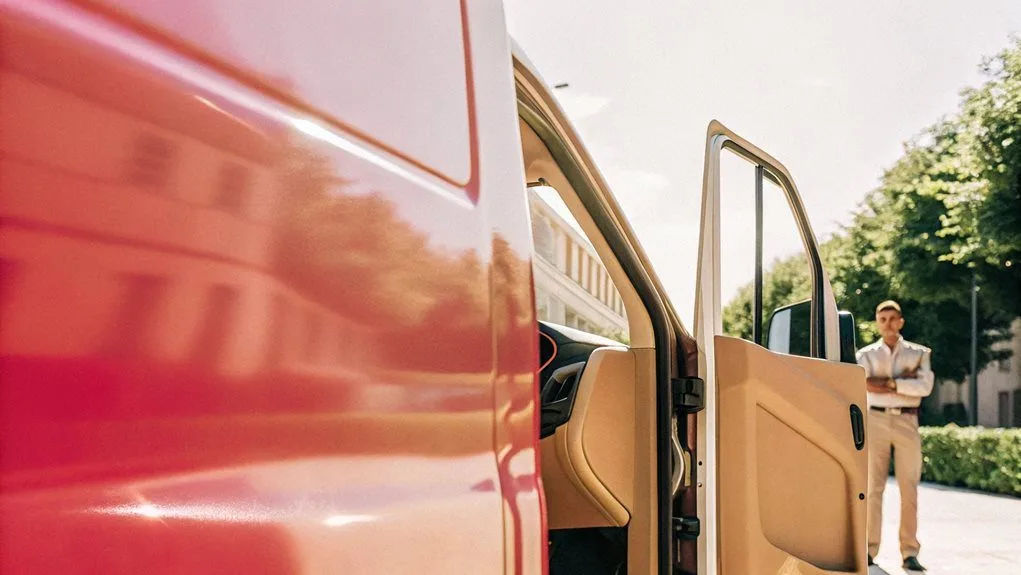You absolutely need insurance before hiring plant equipment. Consider this—construction sites are prone to accidents, and you certainly don’t want to foot the bill for a damaged machine. Companies usually require insurance, plus it protects you from hefty fines if something goes wrong. And let’s not even get started on theft; losing equipment is bothersome enough without the added financial burden.
There are several types of coverage available to safeguard your interests. Public liability insurance protects against damage to third parties or their property, whilst plant hire insurance covers the equipment itself against damage, theft, or vandalism. Some policies also include breakdown cover and operator liability, ensuring comprehensive protection throughout your project. It’s worth shopping around to find the right level of cover for your specific needs and budget.
Key Takeaways
- Hiring plant equipment without insurance can lead to significant financial losses from theft or damage.
- Most hire companies require insurance to protect both parties during the rental period.
- Annual insurance policies are typically more cost-effective than purchasing coverage only when needed.
- Specific insurance requirements may vary by region, making it essential to consult local regulations.
- Implementing security measures can help lower insurance premiums while ensuring proper coverage.
Understanding the Risks of Plant Hiring
Regarding hiring plant equipment, you might think it’s as simple as picking a toy from the store, right? Well, not quite. You’re stepping into a minefield of risks. Did you know construction accounts for a substantial 19.9% of all workplace fatalities? Construction workers face a significantly higher risk compared to other industries, making it essential to take safety seriously. Falls and heavy machinery accidents can turn your “easy” hire into a serious problem. Plus, working at heights? That’s a game of chance you mightn’t want to play. To illustrate the severity, construction accounts for 20% of all deaths among US workers—that’s a staggering reminder of the need for diligent safety practices. If you’re running a small business, brace yourself—fatality rates can be higher. And guess what? Using that shiny new equipment without proper training can lead to more than just a bad day; it could be your last.
Types of Insurance for Hired Plant Equipment
So, you’ve decided to tackle the wild world of hired plant equipment. Great choice! But hold on—what about insurance? You’ve got options.
First up is Accidental Damage Insurance. It’s like a cushion for when you accidentally drop that shiny excavator.
Then there’s Theft Insurance, because, let’s be real, not everyone has a trusty security guard on duty.
Public Liability Insurance? Yeah, you’ll want that for any mishaps involving innocent bystanders.
Road Risk Insurance protects your hired gems on South African roads. Additionally, it’s crucial to consider mobile construction and industrial items that may require tailored coverage to match specific needs. Furthermore, having plant hire insurance can ensure that ongoing hire charges are covered during repairs or replacements.
Don’t forget Continuing Hire Charges Insurance; equipment can break, and you don’t want to pay rental for a useless pile of metal.
Fire, floods, and even malicious damage—insurance covers it all, giving you peace of mind amidst the chaos of plant hire!
Importance of Insurance in Plant Hire Agreements
Why on earth would you risk hiring plant equipment without insurance? Seriously, it’s like playing hopscotch on the highway.
Hiring equipment is already expensive, and if something goes wrong—like theft or damage—you’re left holding the bag. Not exactly a dream scenario, right? Plus, hire companies often make insurance a must. Additionally, you could save money with annual policy options that align with your hiring needs. Having hired in plant insurance ensures that you are protected against damages, liability, and theft during the hire period.
If you skimp, you could end up with hefty fines or worse, legal headaches. Imagine replacing vital machinery in the middle of your project!
Insurance guarantees you keep rolling along smoothly, avoiding those annoying hiccups. It’s all about protecting your wallet whilst maintaining good relationships with hire companies.
Costs Associated With Plant Insurance
Hiring plant equipment is no small expense, and adding in insurance just creates another layer of costs that can make your head spin.
You might think, “Do I really need this?” Well, it varies. Premiums shift depending on your machinery’s size and the risk it poses. For example, manufacturing insurance premiums can significantly increase if your equipment is located in high-risk areas, such as flood-prone regions. Plant and Machinery Insurance is designed to protect your heavy equipment against such risks.
Want to save? Opt for an annual policy instead of piecemeal coverage; it’s often cheaper.
Keep that equipment safe, too—a little security can lower your costs.
Still, if your tools are always in high-risk locations, brace yourself for higher premiums.
And don’t forget the add-ons, like theft protection.
Sure, they can hit you with extra charges, but is peace of mind worth it? You bet it is.
Regional Considerations for Plant Insurance Requirements
Where do you even start when it comes to figuring out plant insurance requirements in your area?
It’s like trying to find a needle in a haystack—if the haystack were filled with confusing regulations and obscure terms!
Each province has its own quirks, so what works in the Western Cape mightn’t fly in KwaZulu-Natal.
You’ll want to know if your prized plants are on the eligible list and if your region’s weather is likely to throw a tantrum.
Do you need wildlife coverage? Fire protection?
Don’t forget to check those local regulations.
Seriously, it’s like a scavenger hunt.
So grab your local insurance agent and tackle this maze together.
Trust me; it’s better to be safe than sorry!
Conclusion
So, before you jump into plant hiring, think about insurance like you’d think about wearing a helmet when cycling. Do you really want to risk a bad fall? Sure, it’s an extra cost, but it beats the headache of dealing with accidents. And let’s be real—nobody wants to be that person who gets stuck with a hefty bill because they didn’t prepare. Insurance isn’t just smart; it’s essential. So, be wise, cover your back, and keep things running smoothly!

